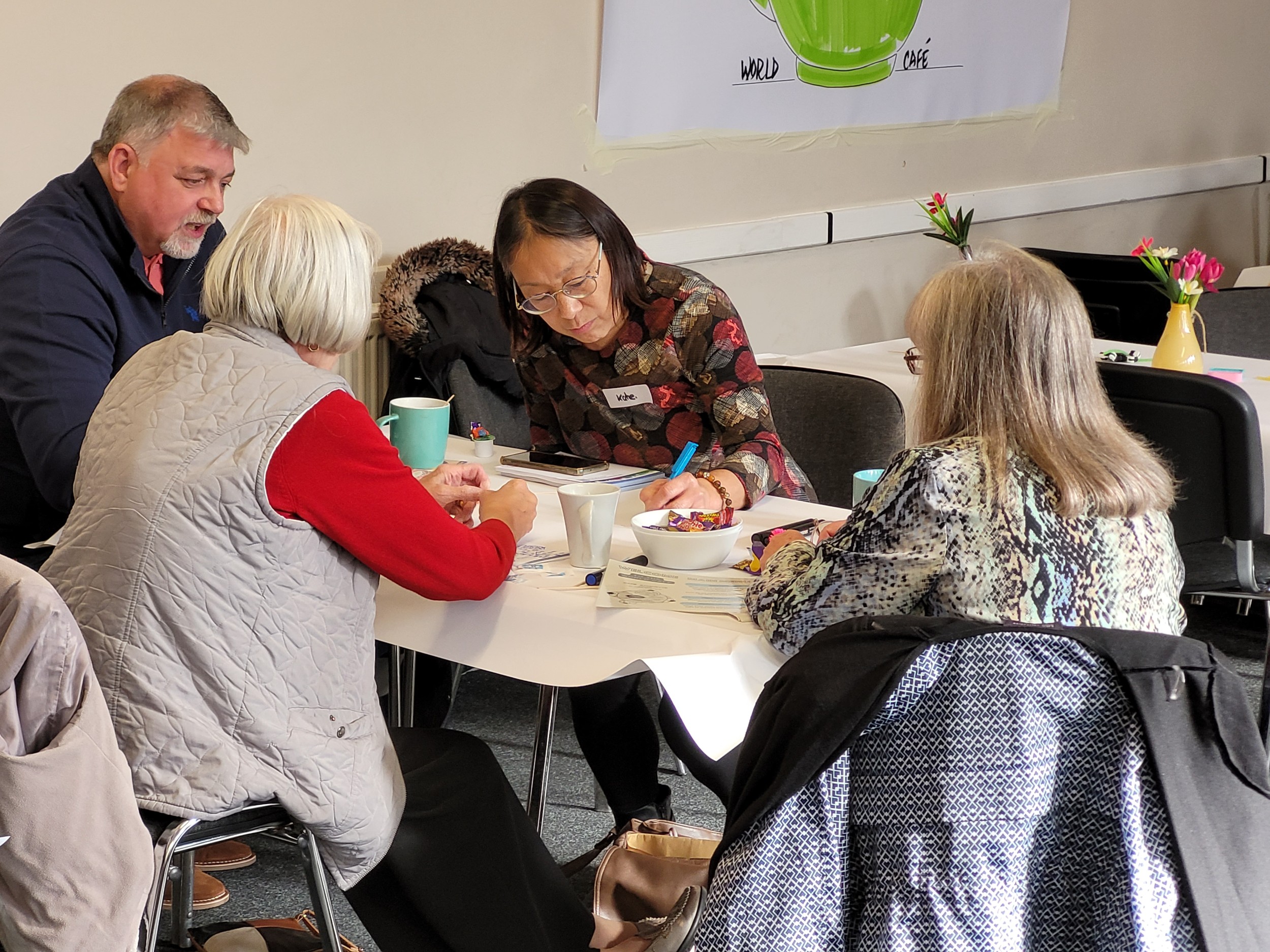Health and care colleagues from across the Black Country Integrated Care System (ICS) attended a Greener NHS Sustainability Networking Day in May, to share their views on how healthcare can be delivered more sustainably in the Black Country.
Since 2010, efforts across the health service have resulted in NHS emissions being cut by 30%. This is already improving care, as well as the health and wellbeing of our patients. Decisions have been made to invest in greener medicines, greener transport, greener buildings, and greener energy consumption. In 2020, the NHS announced its ambitions to become the world’s first ‘net-zero’ health service by 2040.
More than 75 people - including clinicians, health and care leaders and suppliers - attended the event, which was hosted at Bescott Stadium in Walsall, to discuss the Black Country’s NHS Greener ambitions, why we need to reuse, recycle and reduce, and the work that has been done across the system to date.
Attendees heard from the NHS England regional team about the targets that are collectively being worked on across the Midlands, as well as updates from Greener NHS workstreams that are currently in place in the Black Country.
A series of workshops were also hosted, enabling attendees to share best practice, explore ideas for the future and about how they can apply some of the work that is already happening in the Black Country in their workplace too.
Tom Jackson, Greener NHS Executive Lead for the Black Country ICS, said: “The event was an opportunity for clinicians, healthcare leaders and suppliers from across the Black Country to come together and network, share experiences and look at a variety of different solutions that can help us meet our Greener NHS targets.
“By working with our system partners, we will deliver Greener NHS’s national vision of a Net Zero health service by delivering change where we have direct control, and influencing what we can indirectly control, so that we are responding to climate change, improving health and creating healthier places, people and futures in the Black Country.
“Everyone can do their bit. No matter how small. The more of us who introduce small actions into our everyday routines, the more we can lessen our impact on the environment, and the more we can improve health.”


